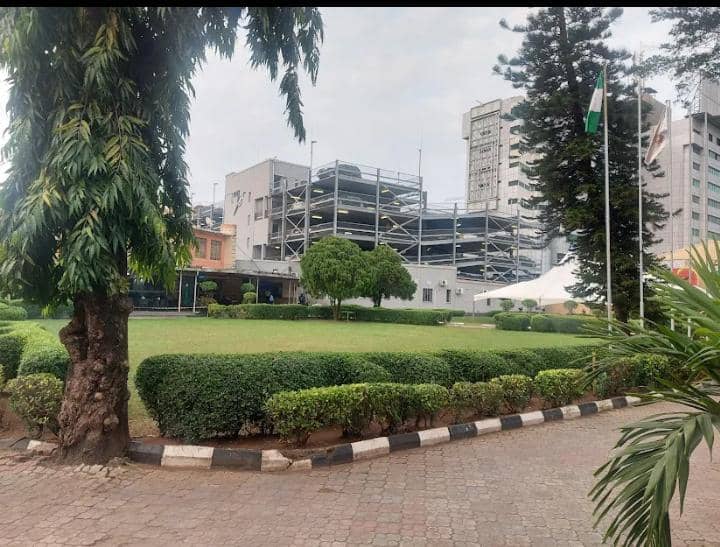
In the heart of Nigeria’s bustling cities and serene rural landscapes, a silent revolution is underway. Nigerian social clubs, traditionally known for fostering camaraderie and cultural exchange, are stepping into a new role as champions of environmental change. As the nation grapples with pressing environmental challenges, these clubs are seizing the opportunity to make a lasting impact through innovative green initiatives.

Let’s delve into the dynamic world of environmental advocacy within Nigerian social clubs, highlighting their efforts to create a sustainable and better nation.
- The State of Environmental Challenges in Nigeria:
Before exploring the role of social clubs, it’s imperative to understand the gravity of the environmental challenges Nigeria faces. Rapid urbanization, industrialization, and deforestation have contributed to air and water pollution, loss of biodiversity, and climate change impacts. These issues threaten the health and livelihoods of Nigerians and underscore the urgent need for collective action. - Rise of Environmental Advocacy within Social Clubs:
Nigerian social clubs, known for promoting cultural heritage and fostering social connections, have begun to recognize their potential in shaping a greener future. Drawing inspiration from global environmental movements, these clubs are diversifying their agendas to include sustainability and conservation efforts. - Initiatives Driving Change:
From Lagos to Abuja, a wave of environmental initiatives is sweeping through Nigerian social clubs. Tree-planting drives, plastic waste cleanup campaigns, and awareness workshops on renewable energy are just a few examples of their proactive measures. These clubs are leveraging their influence and networks to rally members and communities around eco-friendly causes. - Educating and Empowering Communities:
One of the most significant impacts of social clubs’ environmental advocacy is their role in educating and empowering local communities. Workshops on waste management, renewable energy solutions, and sustainable agricultural practices are equipping Nigerians with practical tools to address environmental issues at the grassroots level. - Collaborations and Partnerships:
Recognizing the interconnected nature of environmental challenges, Nigerian social clubs are forging partnerships with NGOs, government agencies, and businesses. These collaborations amplify the impact of their initiatives, enabling them to access resources, expertise, and wider audiences. - Raising Voices for Policy Change:
Environmental advocacy isn’t confined to on-ground actions. Nigerian social clubs are also making their voices heard in policy discussions. By engaging in dialogue with policymakers, these clubs are advocating for stricter environmental regulations, greener urban planning, and increased investment in sustainable infrastructure. - Inspiring a Green Movement:
Beyond their immediate efforts, Nigerian social clubs are inspiring a cultural shift towards environmental consciousness. Through their advocacy, they are challenging societal norms and encouraging individuals to adopt eco-friendly habits in their daily lives. - Overcoming Challenges:
While the journey towards effective environmental advocacy is promising, Nigerian social clubs face challenges such as limited funding, lack of public awareness, and bureaucratic hurdles. Despite these obstacles, their determination remains unwavering.
Furthermore, Nigerian social clubs are embracing a new identity as catalysts for environmental change. With their rich history of unity and community-building, these clubs are uniquely positioned to drive sustainable initiatives that resonate with Nigerians across the nation. As they continue to plant trees, clean up streets, and educate communities, these social clubs are sowing the seeds of a greener future for Nigeria—a future where cultural heritage and environmental stewardship thrive hand in hand.

